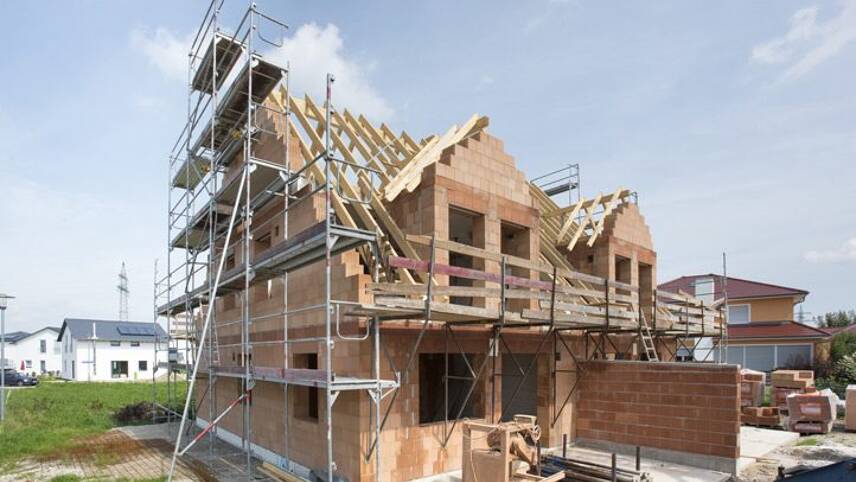Register for free and continue reading
Join our growing army of changemakers and get unlimited access to our premium content

The Government is ramping up spending on "greener" forms of housebuilding
The Task Force will comprise of organisations across the built environment sector, as well as utility providers, material suppliers and environmental groups. It will establish a Delivery Hub to ensure housebuilding aligns to environmental legislation set up by the UK Government.
As such, housebuilders will be tasked to work towards the net-zero commitment for 2050, as well as impending, timebound targets set to be unveiled as part of the Environment Bill. In an update to the Environment Bill, published 19 August, the Department for Food, Environment and Rural Affairs (Defra) confirmed that it is developing time-bound, numerical targets aimed at tackling an array of environmental issues.
At least one “strong and meaningful” target will be introduced for each of the four priority areas for the Bill: biodiversity, air quality, water and waste. All targets will be deadlined for the mid-to-late 2030s and will be backed up with interim targets that will not be legally binding, to help spur early progress.
The goals should be set in statute by the end of October 2022 at the latest, the Defra documents state. The Department has promised to use a “robust, evidence-led” process for developing and implementing the new targets, such as was used for the UK’s updated Climate Change Act.
Specifically, the Delivery Hub will develop a masterplan to ensure homes are built with low-carbon heating and no new homes using gas by 2025. Housebuilders will also have more ambitious water efficiency standards and improved flood resilience. Green roofs, triple glazing, passive cooling and electric vehicle (EV) charge points will also be prioritised.
Housing Secretary Rt Hon Robert Jenrick MP said: “This Government is improving building standards and overhauling our outdated planning system as a priority. By putting communities in control of what is built locally we will deliver better designed, more sustainable buildings and the homes that are needed for the next generation.
“I look forward to seeing the recommendations and plans of the Future Homes Task Force later this year to support this exciting agenda as we work towards a cleaner, greener and more beautiful built environment.”
The announcement comes one month after Business Secretary Alok Sharma called on tradespeople across the UK to access the Government’s new £2bn Green Homes Grants scheme to mobilise efforts to improve the energy efficiency of the UK’s housing stock.
The Green Homes Grants scheme was unveiled by Chancellor Rishi Sunak in the Summer Economic Update to Parliament, which outlined measures to boost job growth as part of an economic recovery from the coronavirus pandemic.
A total of £2bn has been earmarked for the new Green Homes Grant for those who do not live in social housing. The grant will cover two-thirds of the cost of verified energy-saving home improvements – rising to 100% for the poorest households.
Home improvements up to £10,000 will be considered and the Government expects more than 600,000 UK homes to become more energy efficient as a result. It will also support more than 100,000 jobs in green construction. More than 1,000 businesses across the country have applied so far.
Additionally, the Future Homes Standard is currently under consultation and is due to come into effect in the latter half of 2020, covering England only. In its current form, it includes a headline goal to reduce the carbon intensity of new builds by 75% by 2025, which ministers plan to deliver through fresh mandates for housebuilders on triple glazing, low-carbon heating systems, onsite renewable generation and energy-efficient building fabrics. The 75% target is down from an initial proposal of 80%.
Commenting on the news, Emma Howard Boyd, Environment Agency chair said: “Meeting the ambition that all new homes are net zero, climate resilient and make a positive contribution to the environment is an essential contribution to tackling the climate and nature emergencies. Government and regulators, including the Environment Agency, will need to play their full part, working collaboratively with industry, designers and environmentalists.”
Matt Mace


Please login or Register to leave a comment.